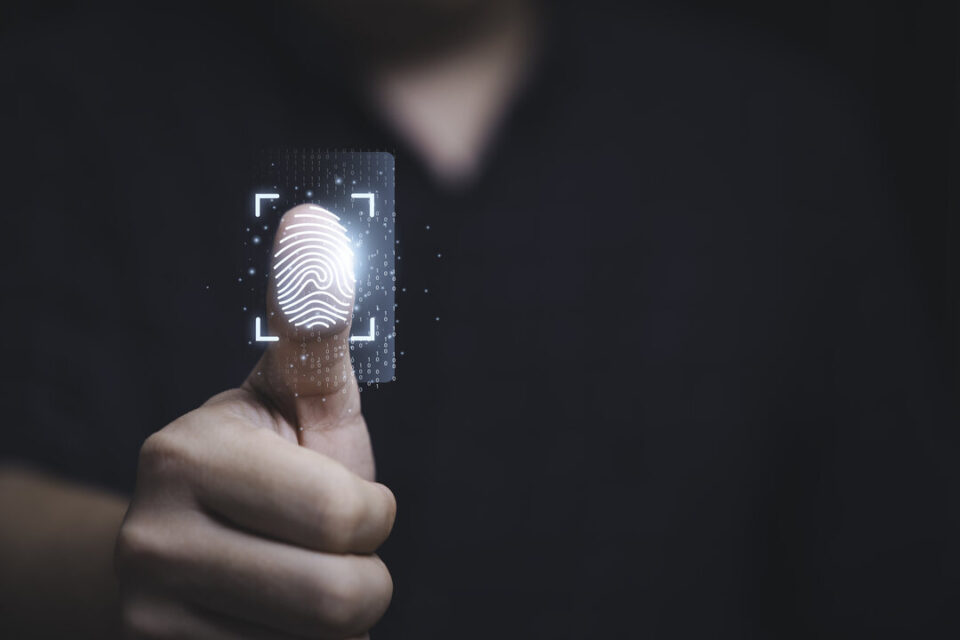A Glimpse into the Enigma of Transformation
Imagine meeting a childhood friend after decades of separation. As you exchange stories and catch up, a sense of familiarity tinged with a curious sense of alienation washes over you. You recall the mischief you both engaged in, the shared secrets, and the dreams you nurtured together. Yet, something seems different—almost as if the essence of your friend has shifted over time. This phenomenon is not limited to old friendships; it permeates every facet of our lives, prompting a profound question: Are we the same people we used to be?
Allow me to share an intriguing case study that sets the stage for our exploration. Meet Maitreya, a 45-year-old gentleman who embarked on a journey of self-discovery after encountering his childhood diary. In it, he found his youthful musings and dreams, which seemed at odds with his current life as a successful corporate executive. Maitreya’s case exemplifies the complexity of personal identity, a topic that has intrigued philosophers, psychologists, and scientists for centuries.
The Seed of Identity: Nurtured or Altered?
At the heart of the matter lies the captivating query: “Are we the same person we used to be?” The notion of personal identity encompasses the intricate interplay of genetics, experiences, memories, and perceptions. To delve into this enigma, let’s scrutinize the transformation of identity through the lenses of psychological, philosophical, and scientific realms.
Evolution of Self: A Multifaceted Odyssey
As I reflect on Maitreya’s case, it becomes evident that the self is a dynamic entity. From a psychological standpoint, we undergo an ongoing process of self-discovery, driven by the culmination of experiences, relationships, and pivotal life events. Our values shift, aspirations evolve, and the very essence of who we are adapts to the changing tides of life.
Philosophy and the Paradox of Identity
In the realm of philosophy, the ship of Theseus paradox illuminates the complexity of identity. If every part of a ship is replaced over time, is it still the same ship? Similarly, if our thoughts, beliefs, and even our physical cells transform, do we remain the same individuals? The philosophical discourse on personal identity delves into the continuum of change and the essence that persists.
The Biological Threads of Identity
From a scientific standpoint, our bodies are in a constant state of flux. Cells regenerate, organs adapt, and even our neural connections reshape. Research in neuroplasticity reveals that our brains rewire in response to new experiences and learning, contributing to shifts in personality traits and cognitive functions. This biological fluidity challenges the notion of a fixed identity.
Unveiling the Layers: Researches on Personal Identity
Numerous studies have probed the intricacies of personal identity, shedding light on its malleability and complexity.
Memory Alteration: Research by Loftus and Palmer demonstrated the fragility of memory. Minor changes in the wording of questions could significantly alter participants’ recollections of an event. This emphasizes the influence of external factors on our self-perception.
Neurological Transformations: A study published in Nature found that the brain’s functional connectivity patterns change over time. These changes were linked to shifts in personality traits, highlighting the neural underpinnings of evolving identities.
Cultural Impact: Cultural psychologist Hazel Rose Markus introduced the concept of “possible selves,” suggesting that cultural contexts shape our self-concepts. Identity, therefore, is a fluid blend of individual and cultural elements.
All about Personal Identity
1. Can traumatic events alter our identity?
Absolutely. Trauma can lead to profound shifts in personality, values, and even memory, reshaping our sense of self.
2. Is personal identity solely shaped by experiences?
While experiences play a pivotal role, genetics, biology, and cultural influences also contribute to the complex tapestry of identity.
3. Can one regain a lost sense of identity?
Yes, individuals can embark on journeys of self-discovery through therapy, introspection, and revisiting meaningful experiences.
4. Do major life transitions impact personal identity?
Significant life changes such as marriage, parenthood, or career shifts can trigger reassessment and transformation of identity.
5. Can technology influence personal identity?
The digital era introduces new dimensions to identity, blurring the lines between physical and virtual selves.
6. Is there an inherent core self that remains unchanged?
Philosophical debates continue whether an unchanging core self exists amidst the ebb and flow of experiences.
7. How do cultural differences manifest in personal identity?
Cultural norms, values, and societal expectations shape our self-concepts and influence the facets we emphasize in our identities.
8. Can nostalgia alter how we perceive our past selves?
Nostalgia tends to paint our memories with rose-tinted hues, potentially distorting our perception of past identities.
9. Can conflicting identities coexist within an individual?
Yes, individuals can embody multifaceted identities based on different roles, relationships, and contexts.
10. Can mindfulness practices enhance self-awareness?
Mindfulness can foster a deeper understanding of one’s thoughts and emotions, contributing to a more authentic sense of self.
Embracing the Kaleidoscope of Identity
The question of whether we remain the same person we used to be is as captivating as it is intricate. Maitreya’s journey of rediscovery led him to acknowledge that while certain threads of his identity persisted, others had unraveled and woven anew. Just as a river evolves with every bend, so do our identities morph through the currents of time and experience.
As I stand at this intersection of science, philosophy, and psychology, I am reminded that personal identity is a kaleidoscope—an ever-shifting mosaic of facets that collectively define who we are. The essence of our beings dances through the delicate balance of continuity and change, leaving us poised to embrace the ever-unfolding chapters of our lives.

